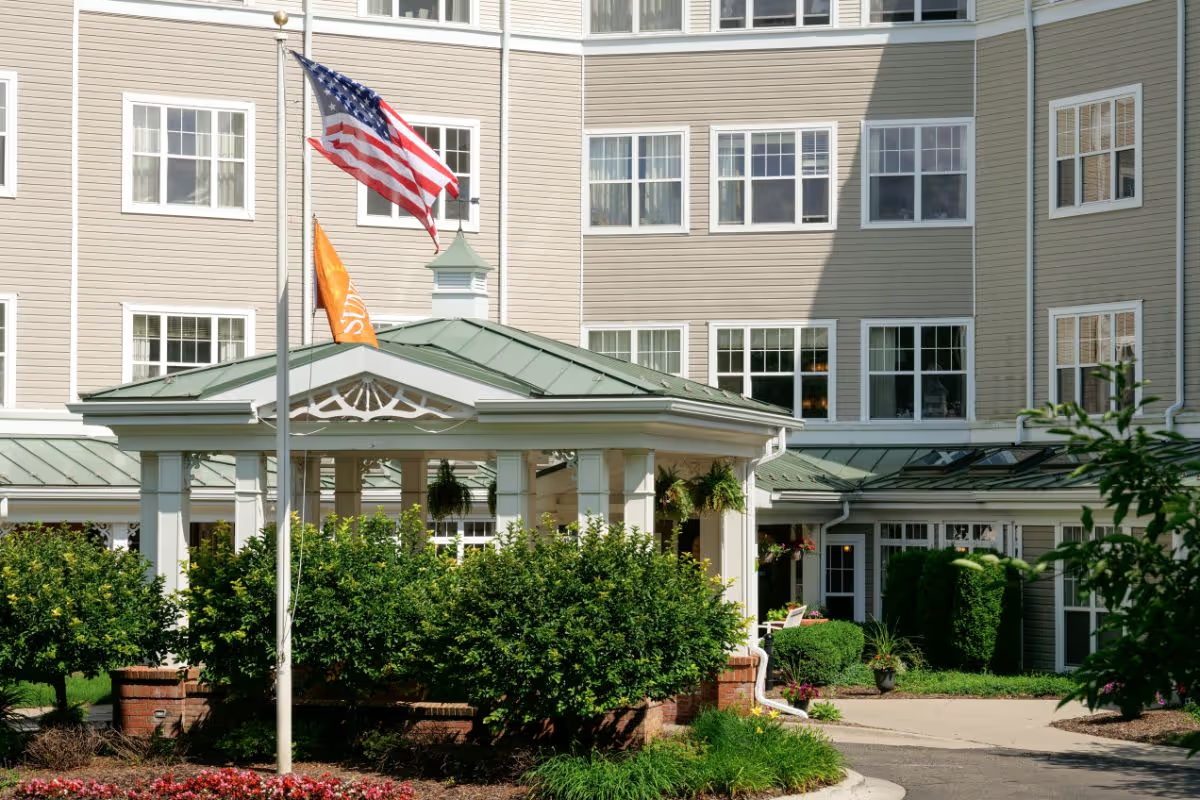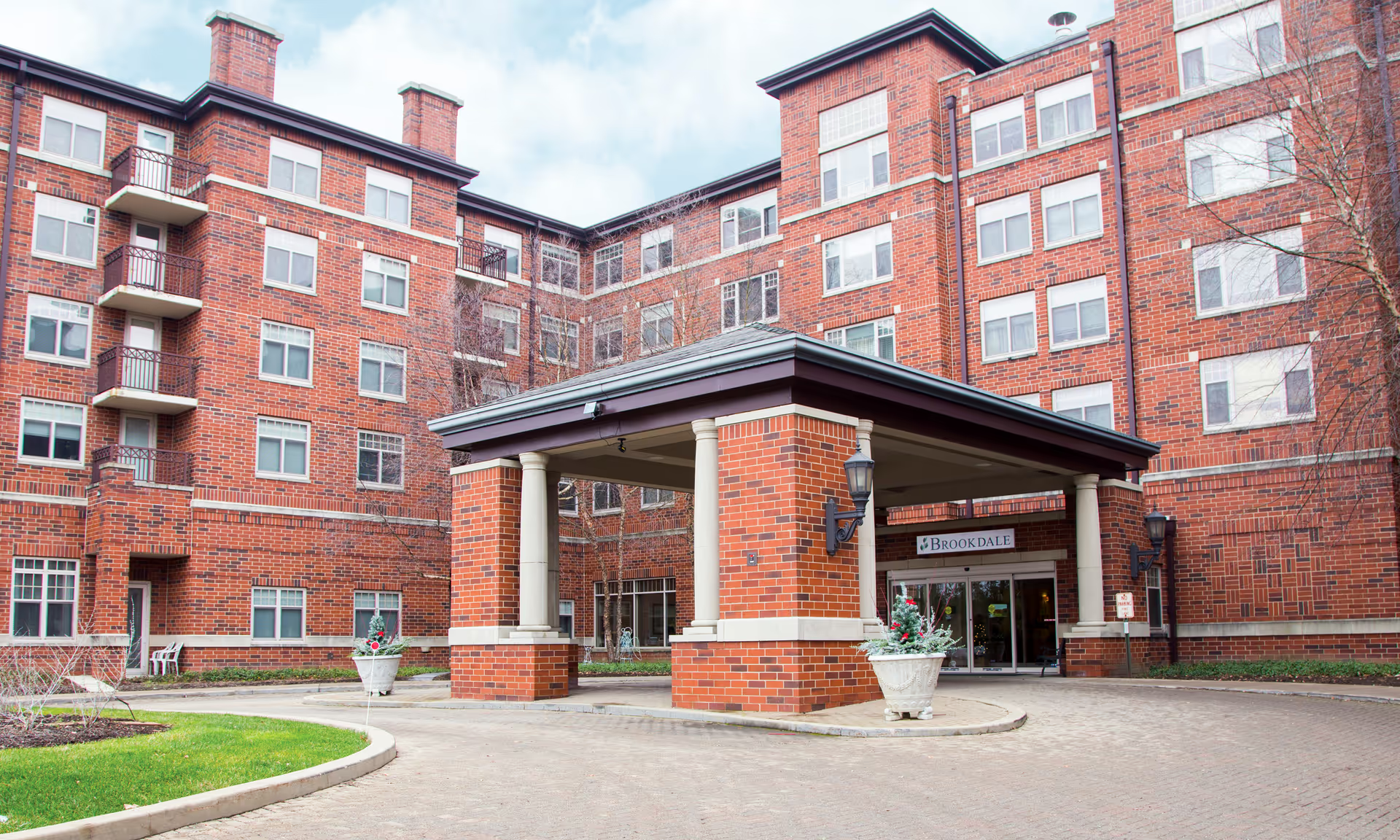The reviews for Regency Manor Nursing And Rehabilitation present a mixed and polarized picture, with clear strengths noted by some reviewers and serious concerns reported by others. Positive comments focus on staff members who are described as courteous, helpful, and professional, as well as on the physical environment: several reviewers mention a clean facility, well-maintained interiors, and attractive landscaped grounds and garden areas. These positives suggest that some aspects of the facility’s hospitality and campus upkeep can meet expectations and that parts of the property are kept in good condition.
However, the balance of comments reveals significant and recurring problems across multiple areas of care and operations. Care quality and responsiveness emerge as central concerns: reviewers report lack of attentiveness, inconsistent assistance with basic needs, failure to shower patients, and more general statements of poor care. One striking operational gap reported is that no physician was seen, which underscores worries about medical oversight. Together these items indicate inconsistent nursing or caregiving practices and potential lapses in clinical supervision.
Staff behavior is reported inconsistently. While some reviewers praise courteous and professional employees, others report unfriendly or rude staff. This variation points to uneven staff performance or inconsistent training and culture — families and residents may encounter very different experiences depending on shift, unit, or individual personnel. The combination of both helpful and rude/unfriendly staff comments suggests that the facility may have pockets of good staff behavior but lacks a uniformly enforced standard of resident interaction.
Facility cleanliness and housekeeping are similarly mixed. Although some reviewers explicitly call the facility clean and note well-maintained interiors and gardens, other reviewers report dirty rooms, dirty premises, unclean restrooms, and generally inadequate housekeeping. These conflicting observations suggest variability in housekeeping quality across different areas or times. Several safety and maintenance concerns compound these issues: reports of blood on a tray, exposed or hanging wires, and a nonworking phone point to possible infection control lapses, environmental hazards, and communication/equipment failures. Such conditions raise legitimate safety and health concerns that warrant prompt managerial attention.
Dining and food service receive multiple critical mentions. Common complaints include unappetizing meals, poor presentation, poor smell, small portions, hard bread, and coffee being rarely served. These consistent critiques about food quality and service suggest systemic problems in kitchen operations, meal planning, or staffing that affect resident nutrition and mealtime experience.
Taken together, the reviews reveal a pattern of inconsistency: some departments or staff perform well and the campus can be attractive and orderly in places, but other areas show neglect, safety risks, and service shortfalls. Key themes for improvement are consistent clinical oversight (including physician access), standardized caregiving and customer-service training to eliminate rude or inattentive interactions, stronger and more consistent housekeeping and infection-control practices, prompt repair and maintenance of equipment and hazards (phones, wiring), and an overhaul of food-service quality and presentation. The mixture of positive and negative reports suggests the facility has strengths to build on, but the documented safety, hygiene, and basic-care concerns point to urgent priorities that management should address to ensure uniformly acceptable resident care and living conditions.







